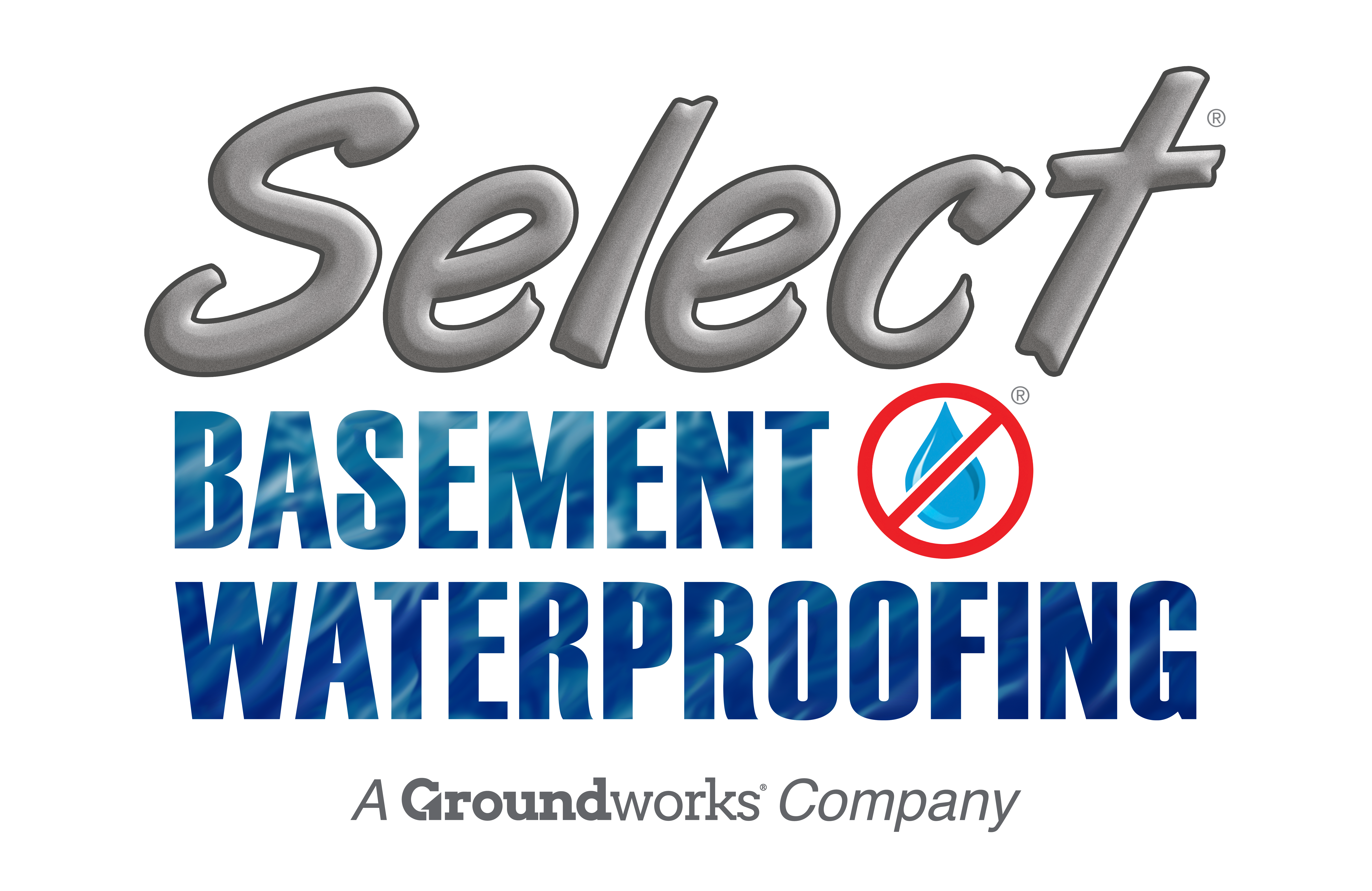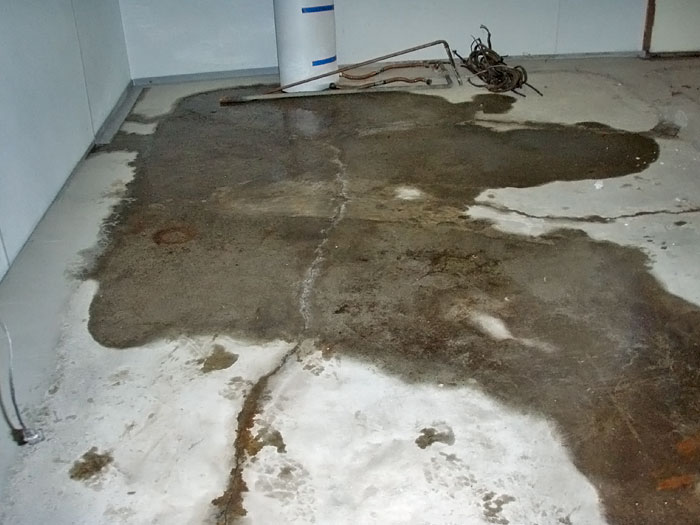Four Major Causes of a Basement Leak and Solutions
The basement is one of the most overlooked spaces in every property. Indeed, the Basement Health Association (BHA) reckons that over 56% of home owners don’t even go down to their basements in over a year and therein lays great danger.
Grave Danger
With gradual neglect, you will soon have to contend with a basement leak. It might not sound like a big deal until you consider that the National Foundation Repairs Association (NRFA) says over 89% of projects done by members relate to wet basements.
The dangers posed by a leaking basement include structural collapse, mold growth leading to health complications among occupants, toxic Radon gas circulation, rodent infestation and high levels of humidity leading to more damage of your property. All these problems lead to loss of value for your home with most agents even avoiding listing it on their websites.
Causes of Wet Basements
To effectively deal with a basement leak and the problems it brings, you have to understand where the problems emanate from. Some of the main causes include:
1. Poor Surface Drainage
Most water problems in the spaces below arise from leaks through foundation walls. Once a house settles, there is a likelihood that surface water will tend to collect next to foundation walls due to the gradient. With ineffective drainage solutions, your walls will bow under the pressure to allow water leaks into the basement. Main drainage problems include poorly laid weeping tiles, gutters and downspouts.
2. Poor Grading
This, according to the Concrete Foundations Association (CFA), is one of the main causes of leaking basements. It accounts for over 45% of problems these contractors encounter. Once construction is done the contractor should rework the grading to ensure water is carried away from the walls.
3. Weak Foundation Walls
This problem arises where the contractor does not wait for concrete to cure before continuing with the rest of the walls. Such structural weakness can lead to devastating effects and this requires external and internal waterproofing. Some of the waterproofing materials used include sodium silicate, polyurethane membranes, among others.
Other repair options for weakened walls include pier supports which help to realign bowing or bulging walls. Carbon fiber strips are also used in such a case to ensure wall gaps don’t allow water to seep in.
4. Ineffective Sump Pump System
A sump pump is the quintessential basement leak solution, but when it is not working optimally, you will encounter myriad problems. There is thus need to ensure a contractor checks whether your sump pump is working efficiently to avoid such leaks
Owning a home is without doubt one of the most significant achievements in life. However, an innocuous looking basement leak can devastate this achievement by affecting the structural strength of your property. With this in mind, isn’t it time to give that basement another look?

